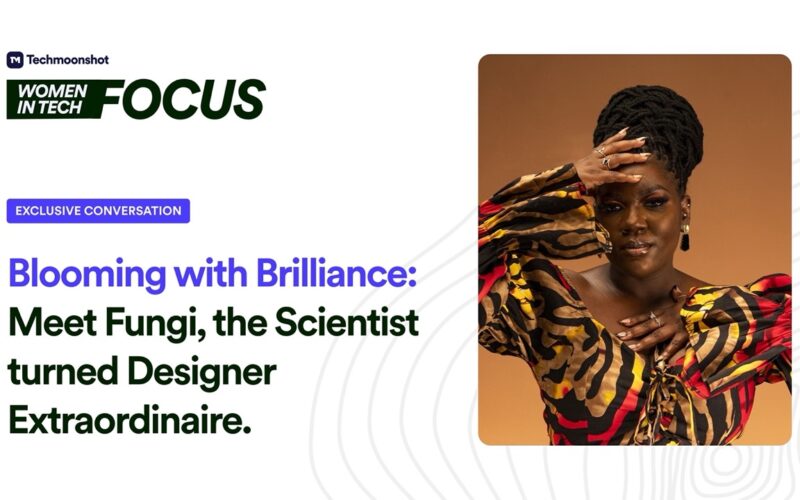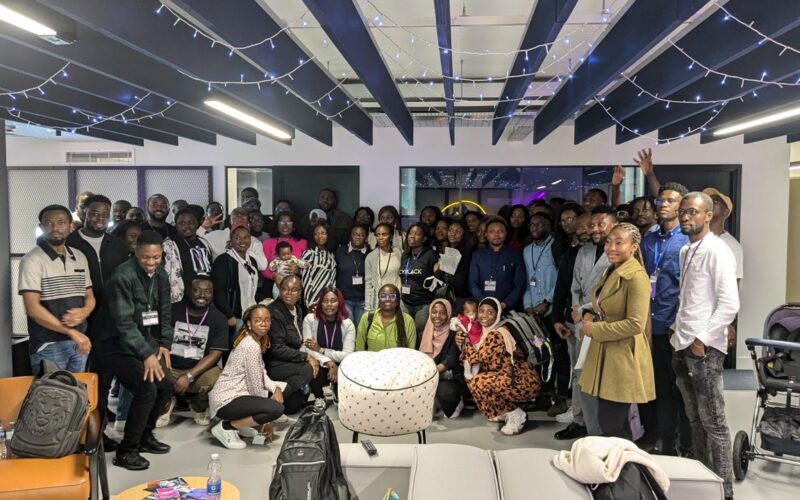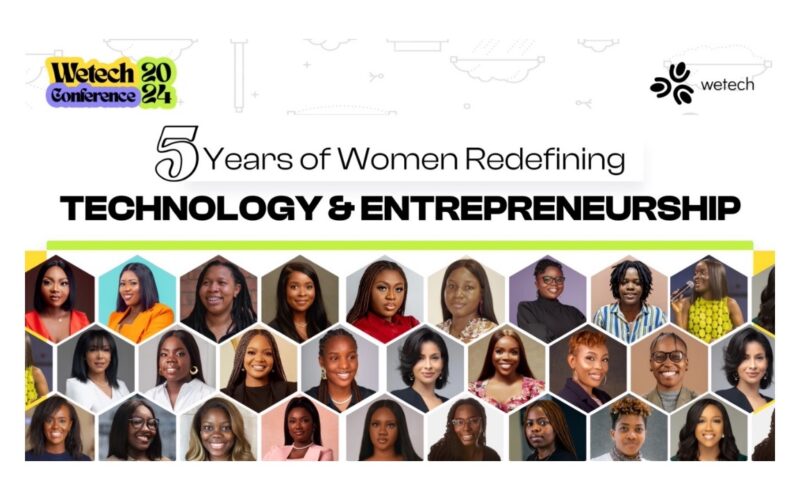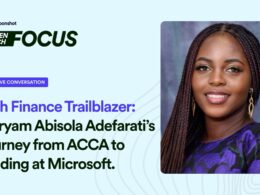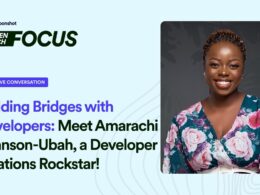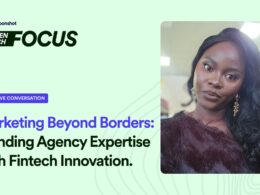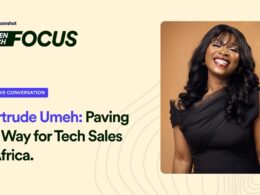Fungi Dube is a passionate sunflower enthusiast, ardent Pan-Africanist, and self-taught designer hailing from the vibrant city of Harare, Zimbabwe. As an independent Brand, Visual, and Webflow Designer, and a Brand Design Mentor at Flux Academy, Fungi dedicates herself to elevating African narratives through modern design and fostering Afropositive sentiments. She draws deep inspiration from the intricate and profound elements of African cultures, including patterns, historic writings, graphic symbols, and the use of color as a powerful form of visual and global communication.
Originally trained as a Scientist with a degree in Human Anatomy and Physiology & Biochemistry, Fungi’s journey into creative design began as a personal project to curb the frustrations of job hunting. After discovering her passion through online tutorials, she continued to design as a hobby while working in her field of study. In 2020, following an unexpected job loss, she made the bold decision to pursue design full-time, a choice that has since become a fulfilling and successful career path.
In this exclusive conversation, Fungi explains how her scientific background influences her design approach, offering unique insights into the intersection of logic and creativity. She shares her experiences navigating the challenges of transitioning from science to design, the cultural inspirations that drive her work, and her vision for the future of African narratives in the global design landscape.
Can we get to know you?
I’m Fungi! I am a sunflower obsessor, ardent Pan-Africanist, and self-taught designer who hails from the Sunshine City, Harare, in Zimbabwe. Currently, I work as an independent Brand, Visual, and Webflow Designer and am also the Brand Design Mentor at Flux Academy. I am passionate about elevating African narratives through modern design and cultivating Afropositive sentiments. My work draws deeply from the delicate yet profound nuances embedded in African cultures, such as patterns, historic writings, graphic symbols, and the use of color as a powerful tool for visual and global communication.
Tea or Coffee? What gets you going in the morning?
Neither actually, because I typically start my mornings off with water and electrolytes.
Can you tell us about your journey into creative design?
I have not always been a creative. I am actually a Scientist by training (BSc. Human Anatomy and Physiology & Biochemistry) and decided to make a career pivot. After graduating in 2014, I decided to curb the frustration of the job hunt by teaching myself a new skill and opted for design. My first experience of design was a Photoshop tutorial by Tasty Tuts on YouTube. By the time I delved deeper, the design bug had bitten me and I knew it was something I wanted to pursue.
At the time, it felt more like a hobby as I did eventually get formally employed and worked in my area of study for 6 years — and designed “for fun” on the side without really thinking about making it a full-time and lucrative career. I eventually decided that I loved that much and took the bold choice to make a career pivot. At the time that I internally resolved to do this, I also got let go from my job. Turns out that I had no choice but to fight for design. This was at the end of 2020. Fast forward — I am designing full-time and could not be more grateful to call my passion my work!
Did you have any role models or mentors who influenced your career path?
I wouldn’t say this exactly, as my pivot into design was a very isolated experience. However, I have peers across different creative disciplines, whose work I really adore, that served as fuel and inspiration. Discovering the existence of the book, Afrikan Alphabets, by Prof. Saki Mafundikwa also played a role in solidifying the direction in which I wanted to take my work.
What inspired you to embrace and integrate Afrikan cultures, patterns, historical writings, graphic symbols, and color into your work?
When you learn anything, it is natural to do so according to the lens from which you are being taught. The formative years of me learning design were influenced by the tutorials I watched on YouTube — and this was perfectly ok, up until it wasn’t. I felt as though something was missing, and I started to feel less attached to the work and knew something had to change. At the time, there was a lot of cultural and more specifically African influence that was very apparent in media such as film, photography, fashion, dance, etc. but the same expressions were far and few in-between when it came to spaces like branding and UI. This is when I had a light-bulb moment; that I needed to design according to my global and historical context; and embracing my Africaness saved my work.
Can you share some challenges you faced transitioning from a scientific field to a creative one, and how you overcame them?
There will always be the fear of the unknown. This is the hurdle I will address because it has tiers. It comes with doubt. It comes with anxiety. Also, it comes with uncomfortable adjustments. It comes with trial and error and it also comes with failing. BUT. It also comes with discovery, learning, and growth. Both fields are drastically different and have different entry points and so I had to be actively patient with myself and with the process. Active patience is what I describe as applying yourself while waiting for a specific outcome. It requires time to build a reputation, to build a brand, to build an audience, to build a client base, and to build a sustainable income. I had to be proactive and use that waiting period effectively by planning, learning, reflecting and even preparing for various possible scenarios, both desired and unexpected.
What project are you most proud of and why?
People often ask me this. I find now, that it has become harder for me to pinpoint just one specific project. Because I am generally very proud of my entire body of work and it is reflective of my growth at different points in my creative journey.
What emerging trends in design are you most excited about?
I am not really a ‘trends’ person. Although I ensure to always stay plugged in as to what currently trending / what the tech advancements are but I extract only what it is that I need. This is my preferred approach because I think that there is not only one way that design can look. As long as the foundation is solid, design can and should take on many faces.
Can you describe your creative process when working on a new project?
My process leans heavily on research. Communicating culturally-inclined inspirations can be a challenge because some of the reference material may not be readily available online. It then becomes more than doing a Google image search or going on Pinterest and Behance. More often than not, I have to rely on unconventional research methods like reading published papers, having real-time conversations with vendors and artisans, frequenting craft markets and galleries, etc. so that I can gain new perspectives. Once I complete the research, executing becomes easy.
What are some of the most rewarding aspects of being a designer?
Getting to create something beautiful from a blank canvas! Nothing beats the feeling of this!
Yes or No? Designers should learn how to write code and give your reasons.
It all depends on what your objectives are. As I was considering web design and development as a skill that I wanted to add to my arsenal, I opted out of learning how to hard code and went with Webflow instead — knowing that I could still create custom experiences without knowing how to code. The thing would be to establish what your business and personal goals are and identify what you need to do/learn in order to get the most desired outcome.
How do you stay updated with the latest developments in design?
Social media.
If you could go back in time and give your younger self one piece of career advice, what would it be?
How will you know how high you can go if you are too afraid to fly?
What piece of tech gadget you can’t do without?
Hmmm. This is hard. Probably my computer.
What’s your favorite way to unwind after a busy week at work?
I find peace in movement. I love to run and I also love yoga. If the weather is warm, you will also definitely catch me outside. Also love going to open-air crafts and music festivals; and also exploring art spaces.
Finally, Can you share a book, podcast, or resource that has significantly influenced your career?
I don’t think that ‘influenced’ would be the word for me here. I would rather go with impacted. If it comes down to reads, I would recommend Building a Story Brand by Donald Miller
and This is Marketing by Seth Godin. However, a constant resource has been engaging with other people’s creativity, craft, and experiences. You learn a lot from listening and watching creatives in their element.
It’s a pleasure talking to you Fungi.
Thank YOU so much 🌻






